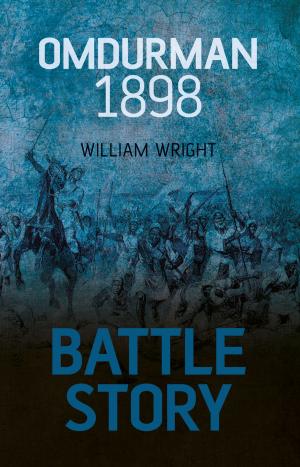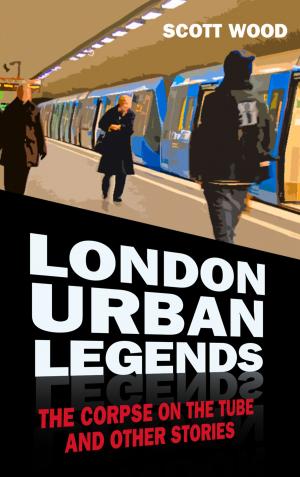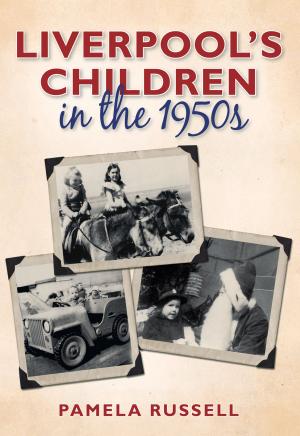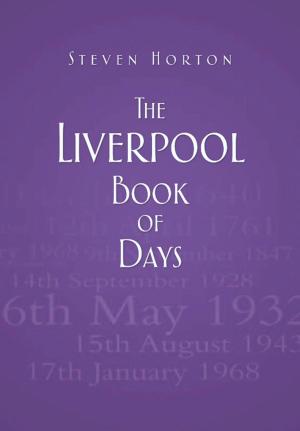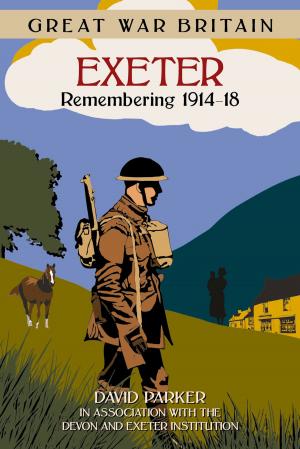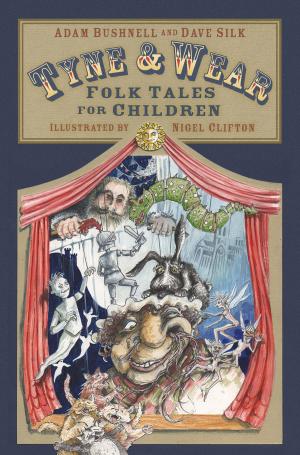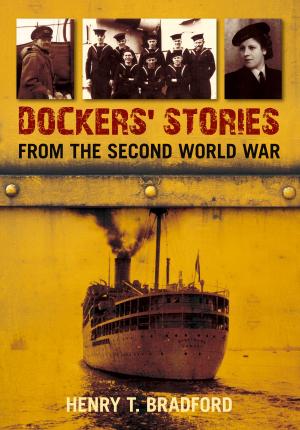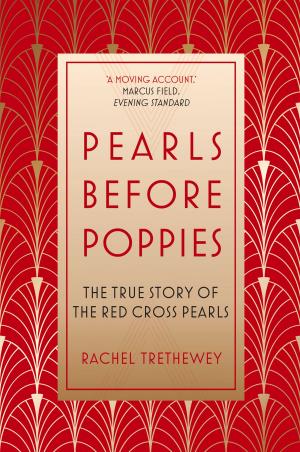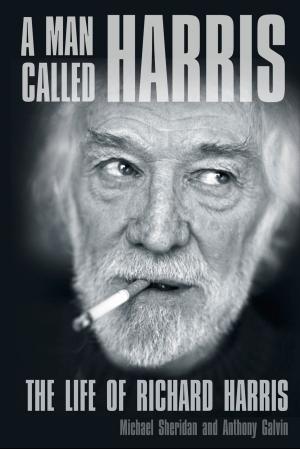Bloodiest Year
British Soldiers in Northern Ireland, in their Own Words
Nonfiction, History, Military, Other, British| Author: | Ken Wharton | ISBN: | 9780752472980 |
| Publisher: | The History Press | Publication: | October 2, 2017 |
| Imprint: | The History Press | Language: | English |
| Author: | Ken Wharton |
| ISBN: | 9780752472980 |
| Publisher: | The History Press |
| Publication: | October 2, 2017 |
| Imprint: | The History Press |
| Language: | English |
Ken Wharton's latest book on the Northern Ireland Troubles is, as always, written from the perspective of the British soldier. Here he chronicles the worst year of The Troubles - 1972 - a year in which 172 soldiers died as a direct consequence of the insanity that would grip Ulster for almost 30 years. His empathy lies firstly with the men who tramped the streets and countryside of Northern Ireland - but also with the good folk of the six counties who never wanted their beautiful land to be the terrorists' battleground. Ken Wharton is utterly condemnatory of the Provisional IRA and INLA but he certainly pulls no punches in his assessment of the Loyalist paramilitaries and terror gangs who sought to outdo the barbarism of their republican counterparts. Based on the testimony of the men who were there during that terrible year, the author tries to investigate every loss in as much detail as time and space permit, with longer chapters to describe "Bloody Friday" the appalling tragedy of Claudy and - with the 12-year public inquiry finally over - the terrible events of "Bloody Sunday". The Bloodiest Year is written with passion and a detailed knowledge in particular of Belfast and the experience of the ordinary squaddie on the streets. The Troubles have become Britain's forgotten war and so long as he is able, Ken will do his best to keep the memory of Operation Banner alive.
Ken Wharton's latest book on the Northern Ireland Troubles is, as always, written from the perspective of the British soldier. Here he chronicles the worst year of The Troubles - 1972 - a year in which 172 soldiers died as a direct consequence of the insanity that would grip Ulster for almost 30 years. His empathy lies firstly with the men who tramped the streets and countryside of Northern Ireland - but also with the good folk of the six counties who never wanted their beautiful land to be the terrorists' battleground. Ken Wharton is utterly condemnatory of the Provisional IRA and INLA but he certainly pulls no punches in his assessment of the Loyalist paramilitaries and terror gangs who sought to outdo the barbarism of their republican counterparts. Based on the testimony of the men who were there during that terrible year, the author tries to investigate every loss in as much detail as time and space permit, with longer chapters to describe "Bloody Friday" the appalling tragedy of Claudy and - with the 12-year public inquiry finally over - the terrible events of "Bloody Sunday". The Bloodiest Year is written with passion and a detailed knowledge in particular of Belfast and the experience of the ordinary squaddie on the streets. The Troubles have become Britain's forgotten war and so long as he is able, Ken will do his best to keep the memory of Operation Banner alive.

